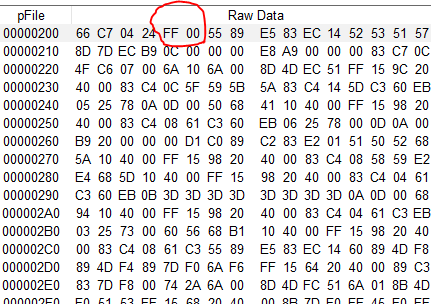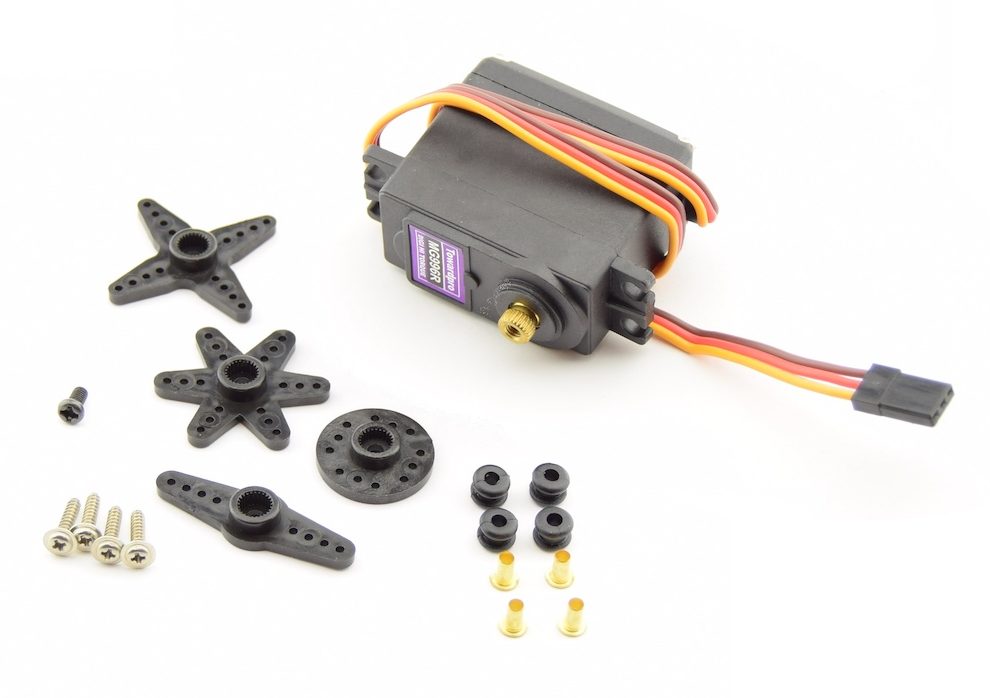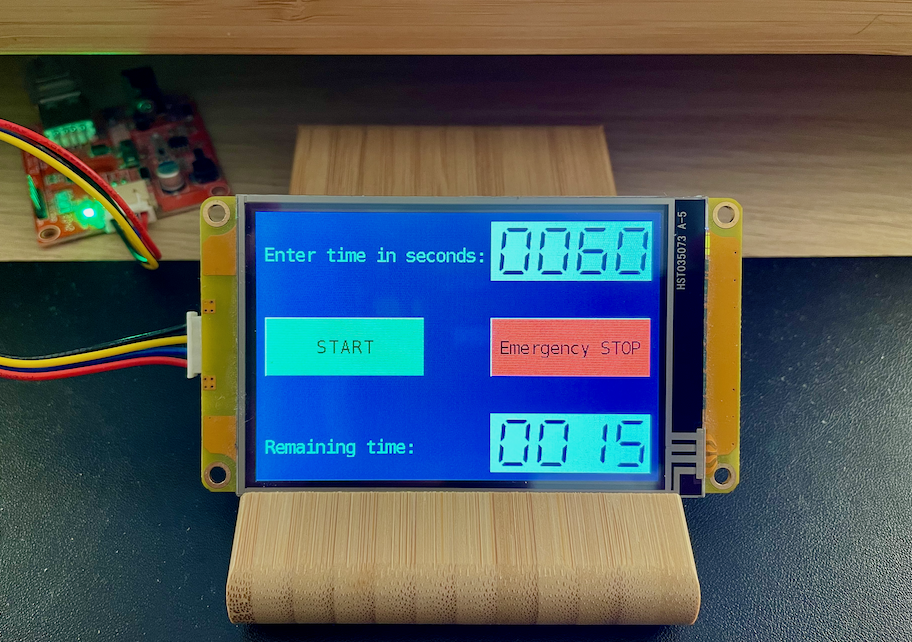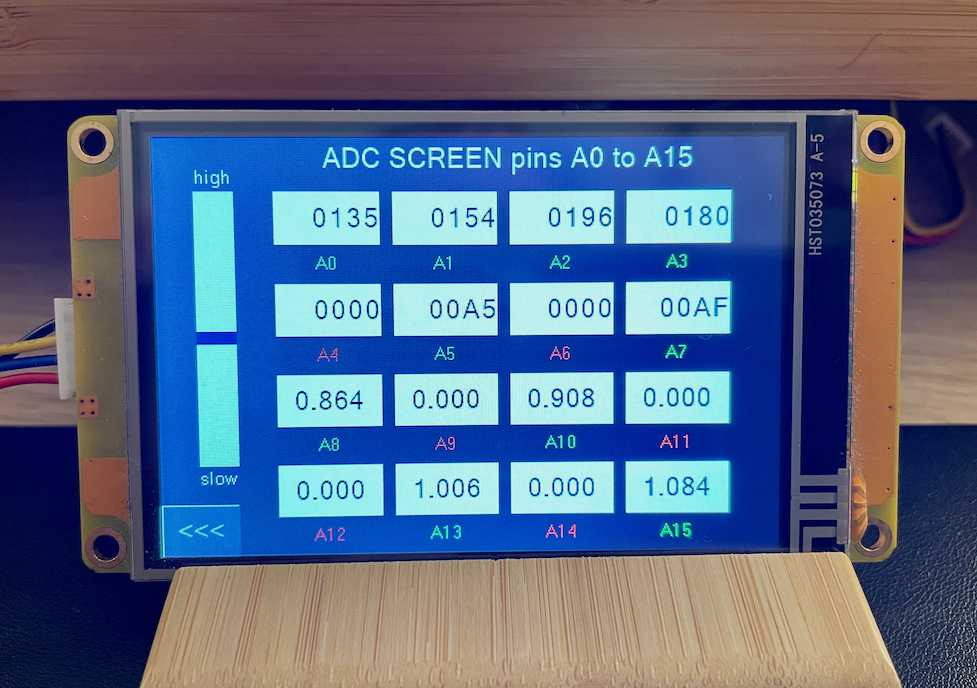Your opinion, please!
First of all, it’s still Black Friday week. Buy 2 Nextion HMI displays and get 15% off! Click here
Editorial

105 editions of the Nextion Sunday blog in a little over two years – time to look back and forth at the same time. Was all the stuff I wrote about interesting for my readers? Is it possible at all to satisfy everybody – hobbyists, makers, and professionals – at the same time? Are people (re-)using the many many HMI demo projects and code snippets? Is anybody interested in the explanation of all the underlying basics like the algorithms for calculating square roots and trigonometric functions with Nextion’s purely integer based language? Are optimized code snippets which allow to save a few milliseconds here and there helpful to other developers?
To be honest, I have not always an idea. Although last year’s Nextion survey gave me an idea about what your preferred Nextion HMI display types and sizes are, what external MCUs you use preferably, and what the languages are in which you write the external code, I feel that I have (besides a simple clicks on the page counter) not enough feedback and input from my readers. That’s why from today on, I’ll turn on the comments section below my articles to allow everybody to tell me what they thought about the article they just read, and to make suggestions for future topics. That won’t naturally prevent me from scanning Nextion user forums and Nextion related user groups in social networks to look out for typical problems and recurring questions. The answers to this are typically found in the Sunday Blog a few weeks later.
My strategy
Up to now, I selected a topic, be it based for example on a not so often used function or Nextion component, be it a question or problem raised in forums or user groups, be it elementary theoretical stuff for better understanding, an I wrote a blog article about. In most cases, I develop and add a sample or demo project to better illustrate everything. The demo or sample code is available for free download, and people can load it in the Nextion editor, launch the simulator, study the code, modify and re-use it in their own projects.
Over time, my readers got (among many others) circular sliders, a flicker-free turbo gauge, improved methods for computing and drawing curves, a csv file viewer, and for Nextion displays in stand-alone mode (with no external MCU) game applications, pop-up windows, new menu techniques, and a full-fledged autonomous MIDI controller.
A blog post is (naturally) not a 500+ pages scientific book and thus, it doesn’t always allow to comment and explain every single line of code. Often, there are, besides the documented main topic, other tips and tricks hidden in the code or in specific component attributes. I always thought that people would discover these “hidden treasures” while thoroughly studying the provided demo or example project and that their own projects would see a great benefit from my subversively communicated teachings.
But reading a thread in the Nextion forums told me that this was apparently not the case for everybody: There was a discussion about the data record component and holding its cache file in the Nextion’s SRAM instead of the SD card. When I mentioned that this technique which has the advantage of being quicker at runtime and of not wearing out the SD card was already used in the Nextion CSV viewer project, I could see from their replies that up to now, they had not yet looked into this detail.
That was the moment where I became unsure. And I asked myself: Is it needed to comment and explain every detail to prevent people from overseeing it when it’s not in line with the main topic? Don’t people study the provided projects in-depth to gain new insight and to improve their over-all programming knowledge even if the main topic is not in line with their current demand? Do people prefer ready-to-use snippets which they can simply copy/paste into their own projects instead of getting a teaching about a s/w tool in general which then helps them to create their own solution? What are the topics of interest for my readers? Basics, or pushing the limits?
Your opinion
But it’s not myself whom to ask, it’s you, my valued readers! Please tell me what are your topics of interest and what you want me to write about! Let me know if you want or need more detailed explanations instead of searching these by studying the sample code!
Finally, I write this blog for you, so it should serve you. Please order in the comments section below or if this doesn’t work in your browser, send an email to thierry(at)itead(dot)cc 😉
Happy Nextioning!





